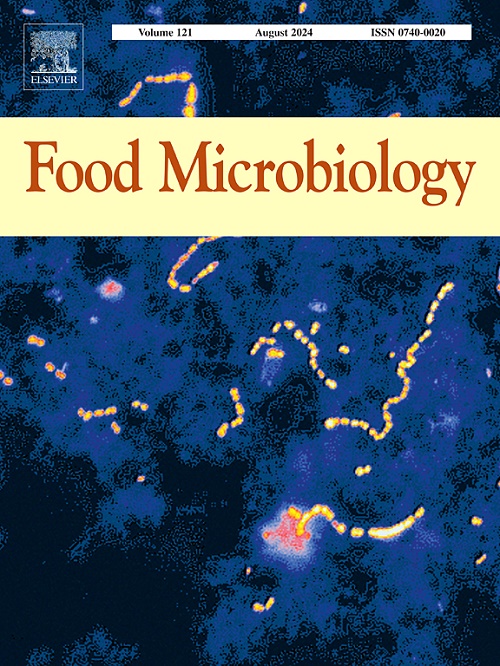Exploring Citronella's inhibitory mechanism against Listeria monocytogenes and its utilization in preserving cheese
Abstract
Listeria monocytogenes presents significant risk to human health due to its high resistance and capacity to form toxin-producing biofilms that contaminate food. The objective of this study was to assess the inhibitory effect of citronella aldehyde (CIT) on L. monocytogenes and investigate the underlying mechanism of inhibition. The results indicated that the minimum inhibitory concentration (MIC) and Minimum sterilisation concentration (MBC) of CIT against L. monocytogenes was 2 μL/mL. At this concentration, CIT was able to effectively suppress biofilm formation and reduce metabolic activity. Crystalline violet staining and MTT reaction demonstrated that CIT was able to inhibit biofilm formation and reduce bacterial cell activity. Furthermore, the motility assessment assay revealed that CIT inhibited bacterial swarming and swimming. Scanning electron microscopy (SEM) and laser confocal microscopy (LSCM) observations revealed that CIT had a significant detrimental effect on L. monocytogenes cell structure and biofilm integrity. LSCM also observed that nucleic acids of L. monocytogenes were damaged in the CIT-treated group, along with an increase in bacterial extracellular nucleic acid leakage. The proteomic results also confirmed the ability of CIT to affect the expression of proteins related to processes including metabolism, DNA replication and repair, transcription and biofilm formation in L. monocytogenes. Consistent with the proteomics results are ATPase activity and ATP content of L. monocytogenes were significantly reduced following treatment with various concentrations of CIT. Notably, CIT showed good inhibitory activity against L. monocytogenes on cheese via fumigation at 4 °C.This study establishes a foundation for the potential application of CIT in food safety control.

 求助内容:
求助内容: 应助结果提醒方式:
应助结果提醒方式:


